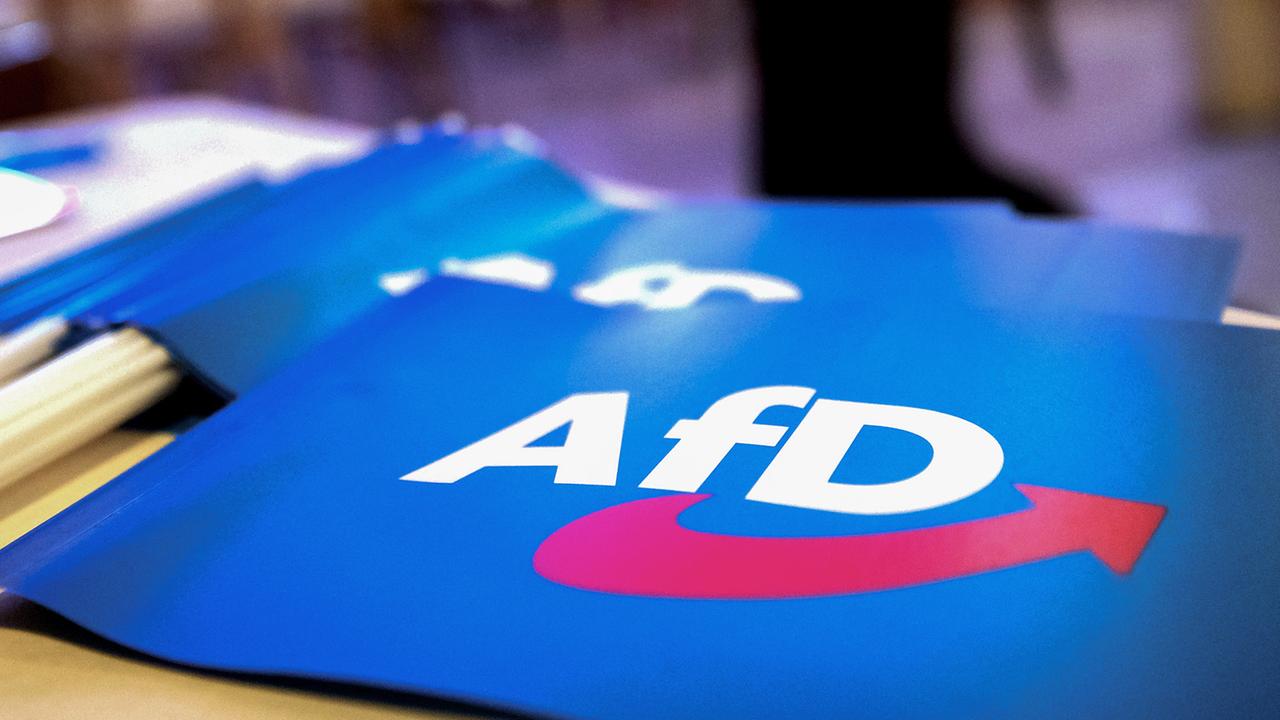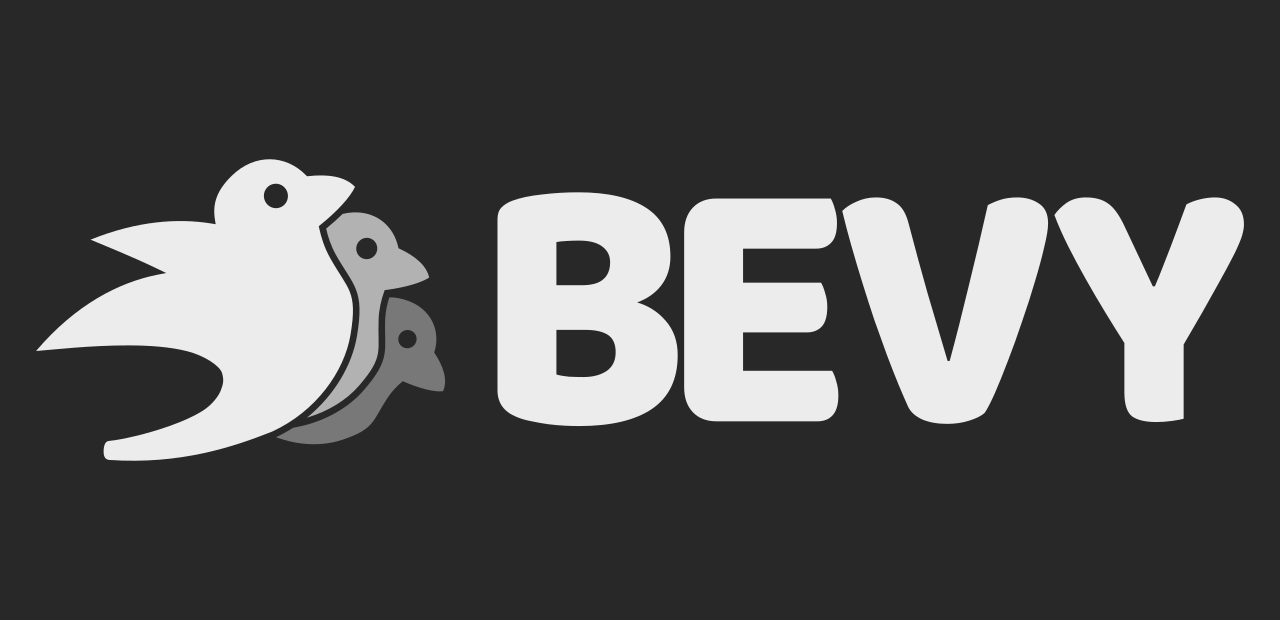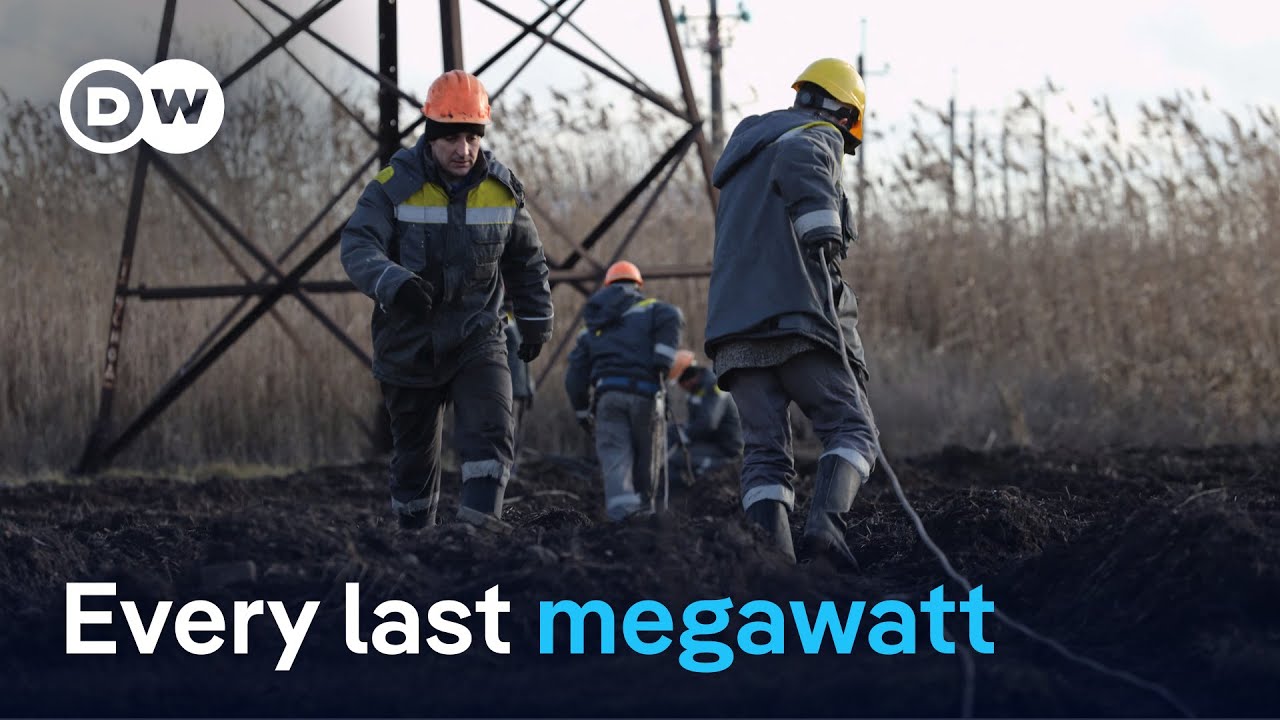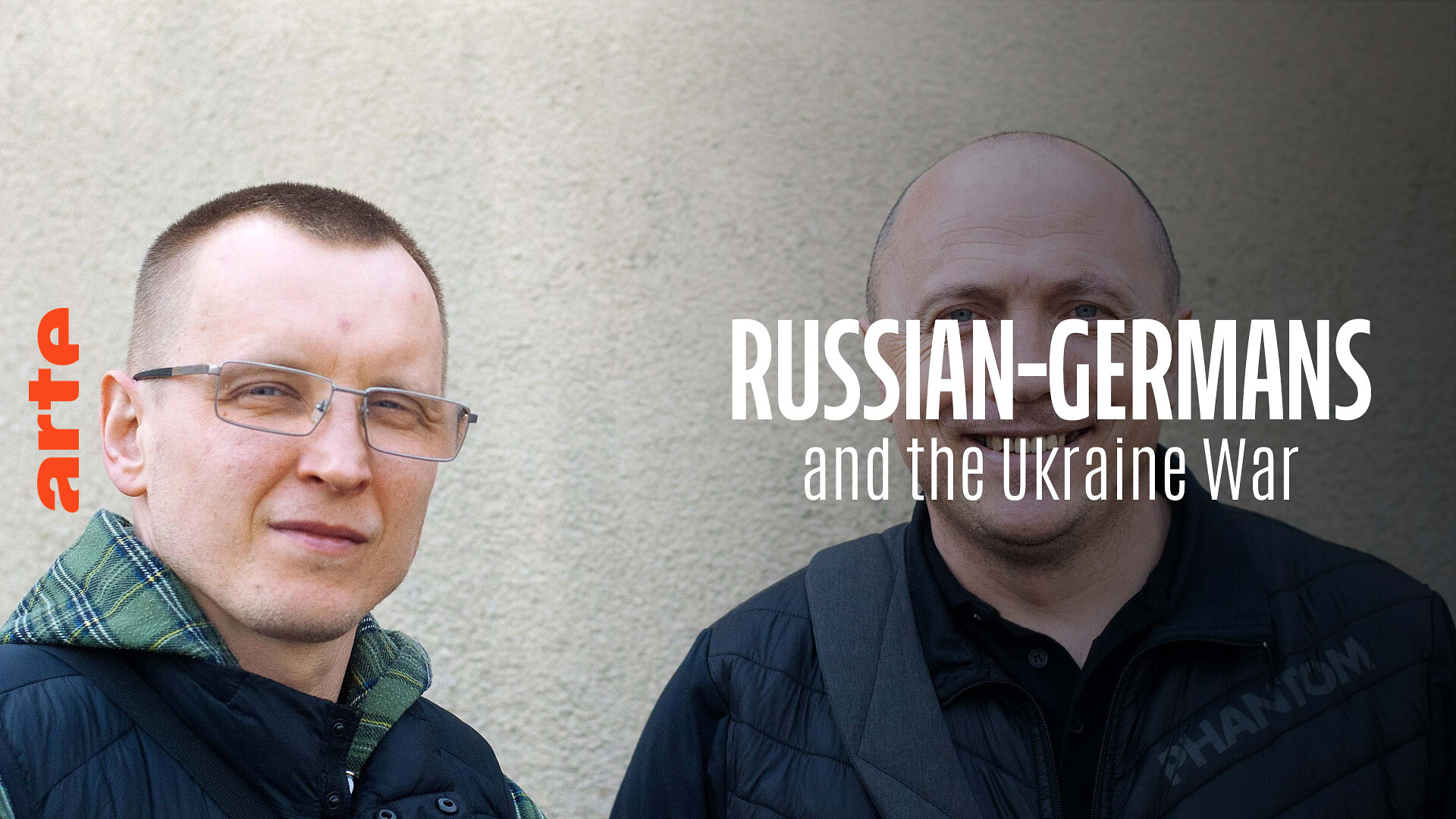

The Union shall establish an internal market. It shall work for the sustainable development of Europe based on balanced economic growth and price stability, a highly competitive social market economy, aiming at full employment and social progress, and a high level of protection and improvement of the quality of the environment. It shall promote scientific and technological advance.
Emphasis mine. In a nutshell a social market economy is a Realpolitik compromise between capitalism and market socialism, where private ownership of the means of production is tolerated but said ownership doesn’t entail complete power over it, through e.g. co-determination laws.
To make this more concrete, and maybe blow some Yank’s mind: Volkswagen’s employees elect 50% - 1 seats on the board. Together with shares held by Lower Saxony (usually run by a socdem government) they run the place, no matter how many shares the Porsche/Piëch clan and the Saudis have. It’s why VW itself worked towards unionising its own plant in Chattanooga, to the bewilderment of many. Sadly can’t unionise the plants in China the CCP hates it when workers have a say.






















Wasn’t the CDU talking about revising their “under no circumstance, ever” attitude towards Die Linke. Not terribly relevant right now with Die Linke’s numbers but it’s notable they’re even talking about it.
The current state coalitions are rather… diverse. In case Die Linke uses its new-found freedom from BSW types to turn itself around it could actually become relevant.